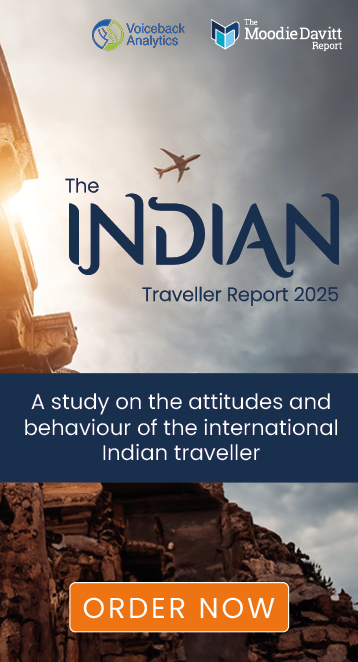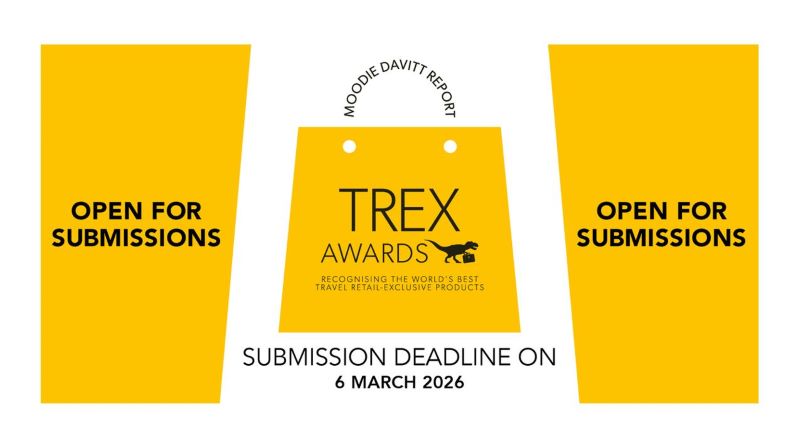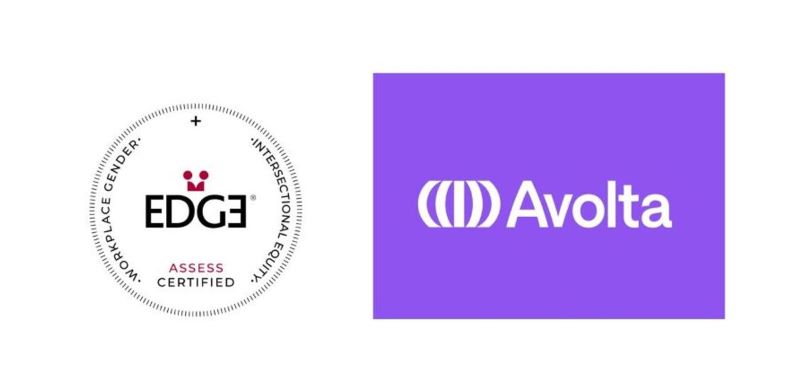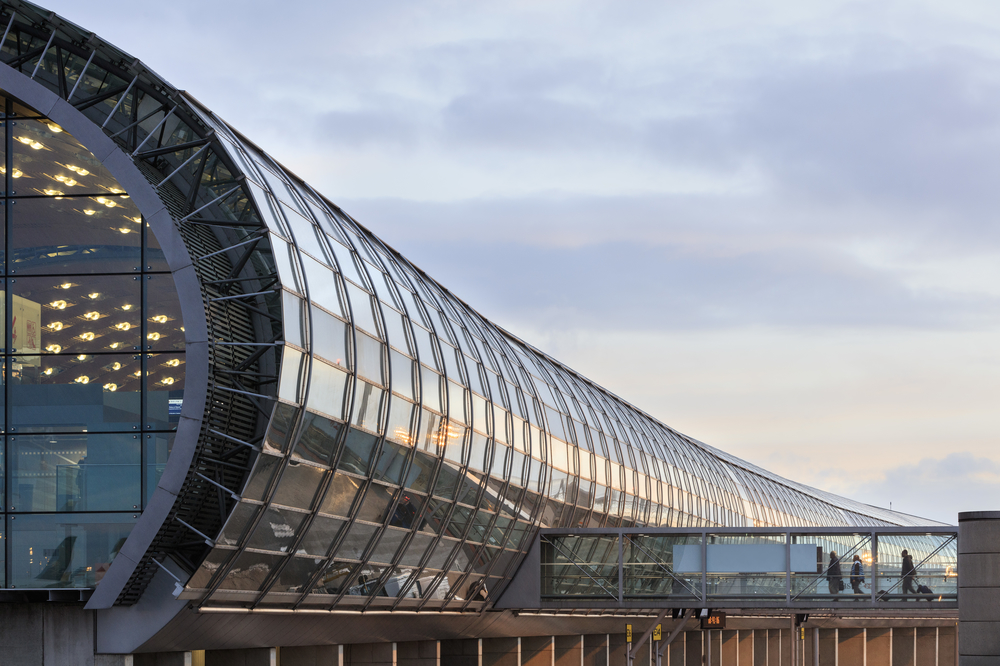UK. The International Air Transport Association (IATA) has called for an improved visa policy and border experience for travellers visiting the UK.
The recommendation is one of a number of conclusions from the association’s new report, United Kingdom Air Transport Regulatory Competitiveness Indicators, which assesses passenger facilitation, cargo facilitation, supply chain management infrastructure management and regulatory environment of aviation markets around the world. The report also calls for greater airport capacity around London and the southeast of England and abolition or reduction of air passenger duty in the UK.
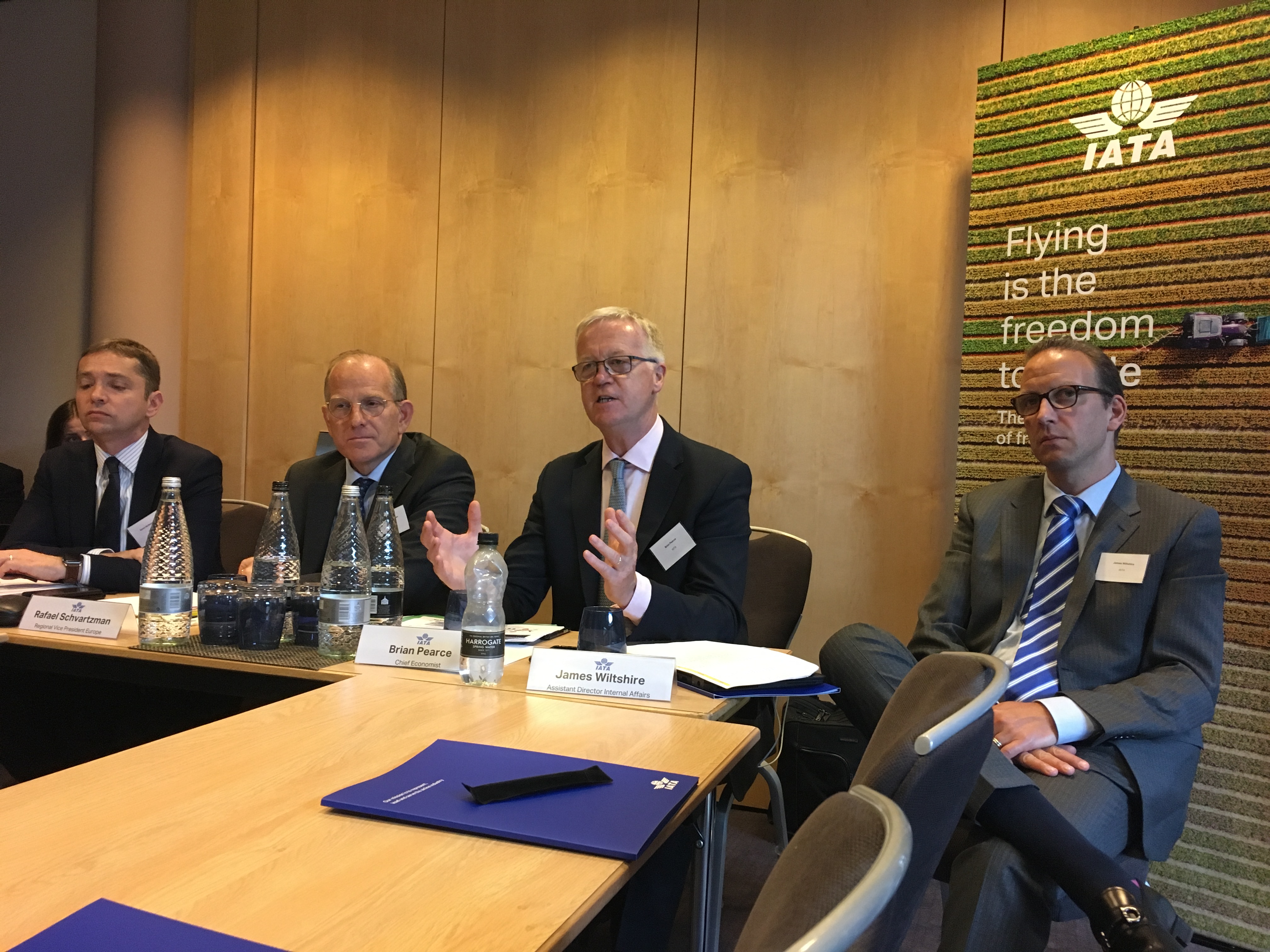
The report was released at a London event yesterday (9 July) where The Moodie Davitt Report was the sole travel retail media in attendance. At the launch, IATA Europe Regional Vice President Rafael Schvartzman said: “We are here today launching [what is] not just an academic study, but some clear recommendations and next steps.”
IATA Chief Economist Brian Pearce added: “We’re particularly interested in looking at what sort of policy and regulatory environment will maximise the benefits and the value that air transport brings to the UK and we think this is particularly important in a post-Brexit world. Transport really is all about connecting cities and having good connections to cities outside of Europe is going to be particularly important [after Brexit].
“In the global picture, air transport doubled the number of connections over the last 20 years, at lower and lower real costs, [which] has led to some tremendous increase in flows of investments, people [and] tourists, but also some of the intangible benefits [such as the] exchange of ideas [and] bringing people together.”
Pearce said that, ahead of the UK’s scheduled departure from the European Union (EU) at the end of October, an improved visa policy to encourage tourism is of particular importance.
“Although the UK scores well for passenger facilitation, and there have been very welcome advances [with] the number of e-gates, automated border control, [and] the abolition of entry cards. Visa policies actually still score lower than the UK’s peers. Essentially, the proportion of the world’s visitors to countries that have to obtain a visa is still larger for the UK than it is in Europe, in particular for the Schengen countries. So the UK is not scoring, as well,” he said.
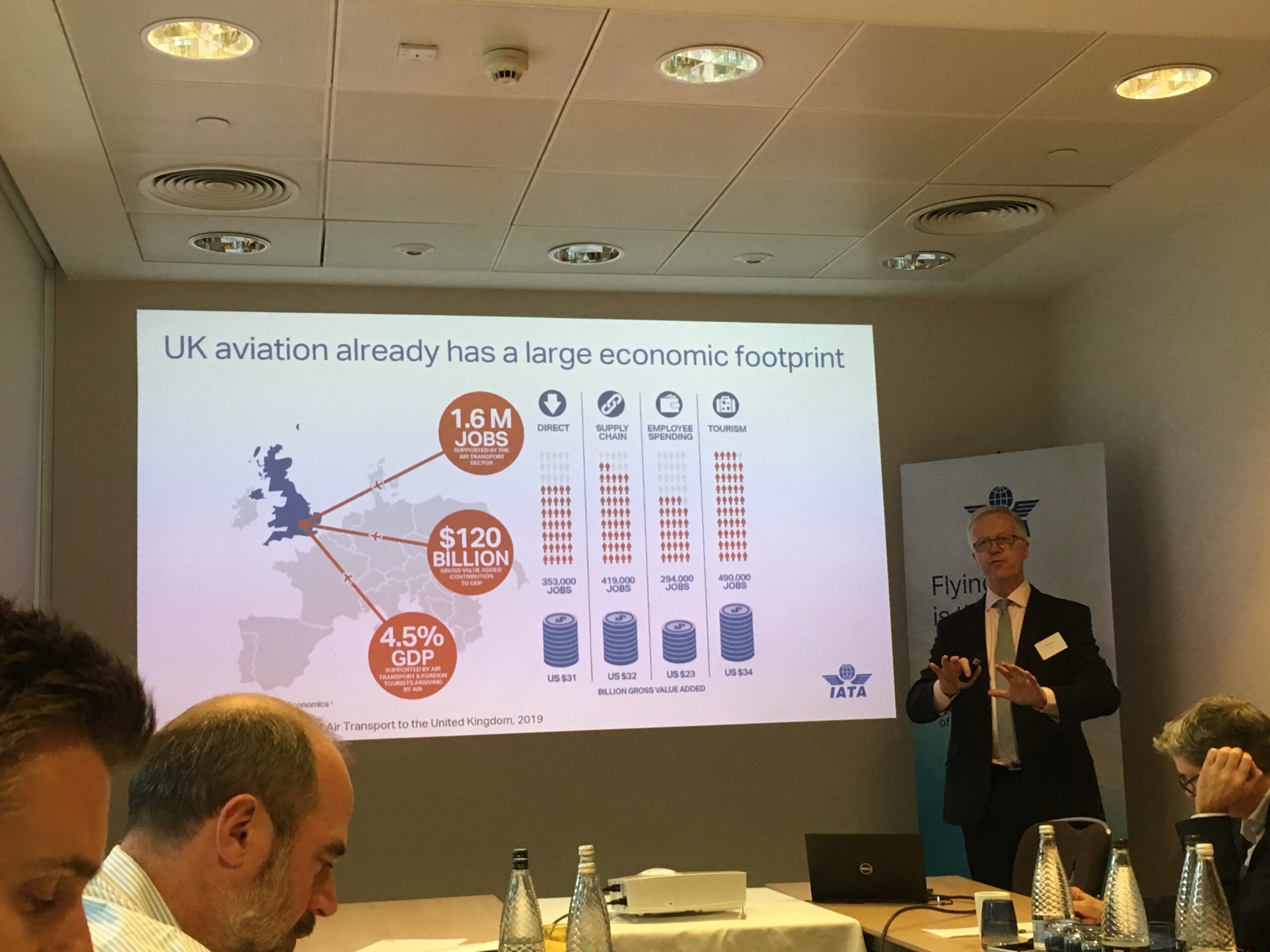
IATA was challenged at the launch on concerns about the impact of aviation emissions on the planet, a concern that last month led to Scandinavian Airlines (SAS) announcing an end to onboard duty free in order to reduce the weight of its aircraft.
Addressing the issue of encouraging an eco-friendly aviation industry, Pearce commented: “The challenge that we have with taxation is that it doesn’t really do very much, certainly in terms of incentivising airlines to fly more fuel-efficient kit. We did some work years ago looking at what actually are the options: could we put new engines on or replace the engines? It turns out that it is just incredibly expensive to do that. A much more effective solution to CO2 emissions is offsetting. The industry [needs] to invest in reducing CO2 through other industries where there are fewer resources needed to reduce CO2.”
On the use of single-use plastics onboard, IATA UK & Ireland Country Manager Simon McNamara added: “It’s a massive challenge for not just airlines, [but] the whole global industry to tackle single-use plastics, so I think the industry is clearly working on it. You’ve seen some individual initiatives by airlines and I think we will all keep working to try and do that not just in aviation but across society.”








